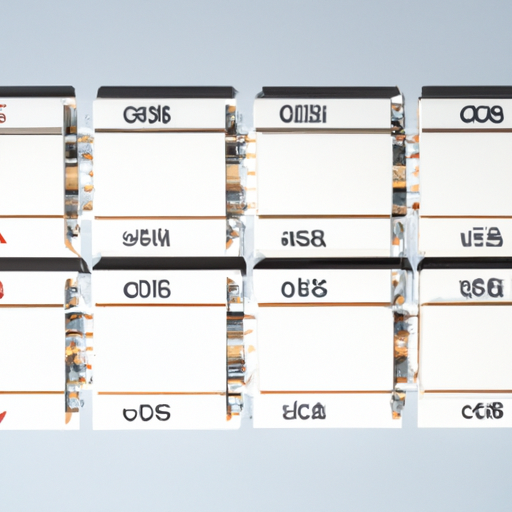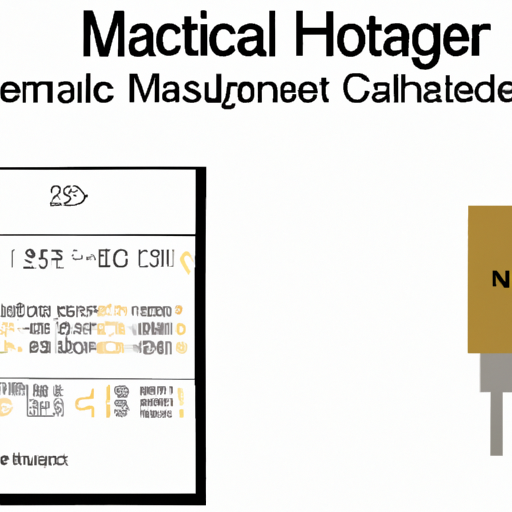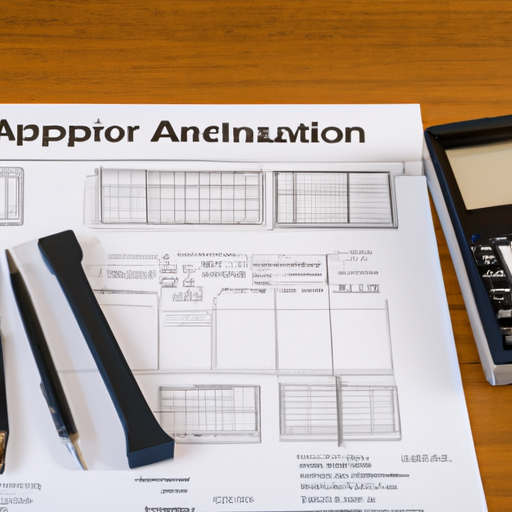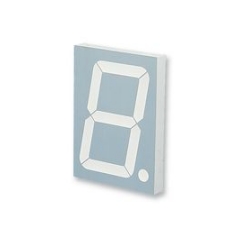What are the advantages of capacitors?
What are the Advantages of Capacitors?
I. Introduction
Capacitors are fundamental components in electrical and electronic systems, playing a crucial role in a wide range of applications. Defined as passive electronic devices that store electrical energy in an electric field, capacitors are essential for managing energy flow, filtering signals, and stabilizing voltage levels. This article aims to explore the numerous advantages of capacitors, highlighting their importance in modern technology and various industries.
II. Basic Principles of Capacitors
A. Structure and Function
Capacitors consist of two conductive plates separated by an insulating material known as a dielectric. When a voltage is applied across the plates, an electric field is created, allowing the capacitor to store energy. The amount of energy stored is proportional to the voltage applied and the capacitance value, which is determined by the surface area of the plates, the distance between them, and the properties of the dielectric material.
B. Types of Capacitors
There are several types of capacitors, each with unique characteristics and applications:
1. **Electrolytic Capacitors**: Known for their high capacitance values, these capacitors are polarized and often used in power supply circuits.
2. **Ceramic Capacitors**: These non-polarized capacitors are widely used for their stability and reliability in high-frequency applications.
3. **Film Capacitors**: Made from thin plastic films, these capacitors are known for their low loss and high insulation resistance.
4. **Tantalum Capacitors**: These capacitors offer high capacitance in a small size and are often used in compact electronic devices.
5. **Supercapacitors**: Also known as ultracapacitors, they provide high energy storage and rapid charge/discharge capabilities, making them suitable for energy storage applications.
III. Key Advantages of Capacitors
A. Energy Storage
One of the primary advantages of capacitors is their ability to store energy quickly and release it almost instantaneously. This characteristic is particularly beneficial in power supply systems, where capacitors can smooth out voltage fluctuations and provide bursts of energy when needed. For instance, in a power supply circuit, capacitors can help maintain a steady output voltage, ensuring that electronic devices operate efficiently.
B. Filtering and Smoothing
Capacitors play a vital role in filtering and smoothing electrical signals. In power supply circuits, they help eliminate voltage ripples, providing a more stable output. In signal processing, capacitors can reduce noise and improve the quality of the transmitted signals. This filtering capability is essential in audio equipment, communication devices, and other electronic systems where signal integrity is crucial.
C. Timing Applications
Capacitors are integral to timing applications, such as oscillators and timers. By controlling the charge and discharge cycles of a capacitor, engineers can create precise timing intervals. This functionality is particularly important in clock circuits, where accurate timing is essential for synchronizing operations in digital devices.
D. Voltage Regulation
Capacitors contribute significantly to voltage regulation in electronic circuits. They help stabilize voltage levels by absorbing excess voltage during surges and releasing it during drops. This voltage smoothing capability is critical in applications such as power supplies, where maintaining a consistent voltage is necessary for the proper functioning of electronic components.
E. Size and Versatility
Capacitors come in various sizes and designs, making them versatile components suitable for a wide range of applications. Their compact design allows for integration into small electronic devices, such as smartphones and tablets, without taking up much space. Additionally, capacitors can be found in various industries, from consumer electronics to automotive and renewable energy systems.
F. Reliability and Longevity
Capacitors are known for their reliability and longevity. They typically have low failure rates and can operate effectively in various environmental conditions. This durability makes them ideal for applications where consistent performance is required over extended periods, such as in industrial machinery and automotive systems.
G. Cost-Effectiveness
From a manufacturing perspective, capacitors are relatively affordable components. Their low production costs contribute to the overall cost-effectiveness of electronic devices. Moreover, the long lifespan and reliability of capacitors can lead to significant savings in maintenance and replacement costs over time.
IV. Applications of Capacitors
A. Consumer Electronics
Capacitors are ubiquitous in consumer electronics, playing a crucial role in devices such as smartphones, tablets, and computers. They help manage power supply, filter signals, and stabilize voltage levels, ensuring that these devices operate efficiently and reliably.
B. Automotive Industry
In the automotive sector, capacitors are used in both electric vehicles and traditional cars. They assist in energy storage for regenerative braking systems, power management for electronic control units, and noise filtering in audio systems, enhancing the overall performance and efficiency of vehicles.
C. Renewable Energy Systems
Capacitors are increasingly integrated into renewable energy systems, such as solar and wind energy installations. They help manage energy storage and release, ensuring a stable power supply despite the intermittent nature of renewable energy sources.
D. Industrial Applications
In industrial settings, capacitors are used in motors and machinery to improve efficiency and performance. They help reduce energy consumption, enhance power factor correction, and provide reliable operation in demanding environments.
E. Telecommunications
Capacitors play a vital role in telecommunications, where they are essential for signal transmission and reception. They help filter noise, stabilize voltage levels, and ensure the integrity of communication signals, making them indispensable in modern communication systems.
V. Challenges and Limitations of Capacitors
A. Energy Density
While capacitors excel in quick energy release, they generally have lower energy density compared to batteries. This limitation means that capacitors are not suitable for applications requiring long-term energy storage, such as in electric vehicles or portable electronics.
B. Voltage Ratings
Capacitors have specific voltage ratings, and exceeding these limits can lead to failure or damage. This limitation makes them less suitable for high-voltage applications, where alternative solutions may be required.
C. Temperature Sensitivity
Capacitors can be sensitive to temperature variations, which can impact their performance and lifespan. High temperatures can lead to increased leakage currents and reduced capacitance, necessitating careful consideration of operating conditions in design.
VI. Future Trends in Capacitor Technology
A. Advancements in Materials
Research and development in capacitor technology are focused on exploring new materials that can enhance performance, increase energy density, and improve reliability. Innovations in dielectric materials, for example, could lead to capacitors with higher capacitance values and better temperature stability.
B. Development of New Capacitor Types
The demand for more efficient energy storage solutions is driving the development of new capacitor types, such as hybrid capacitors that combine the benefits of traditional capacitors and batteries. These advancements could lead to more versatile energy storage options for various applications.
C. Integration with Other Technologies
The integration of capacitors with other technologies, such as supercapacitors and batteries, is a growing trend. Hybrid systems that combine the rapid charge/discharge capabilities of capacitors with the long-term storage capabilities of batteries could revolutionize energy storage solutions in electric vehicles and renewable energy systems.
VII. Conclusion
In summary, capacitors offer numerous advantages that make them indispensable components in modern technology. Their ability to store energy, filter signals, regulate voltage, and provide reliability and longevity are just a few of the reasons they are widely used across various industries. Despite some challenges, ongoing advancements in capacitor technology promise to enhance their performance and expand their applications in the future. As technology continues to evolve, capacitors will remain a vital part of the electrical and electronic landscape, contributing to the efficiency and effectiveness of countless devices and systems.






